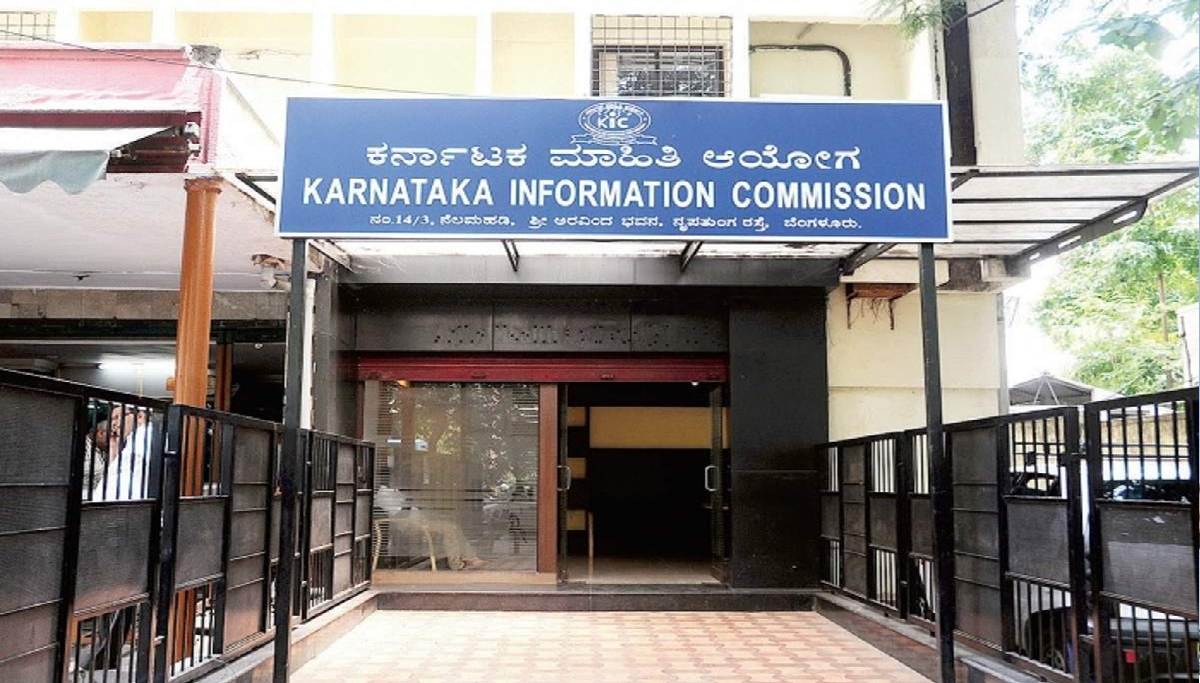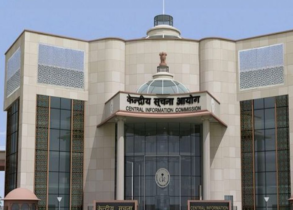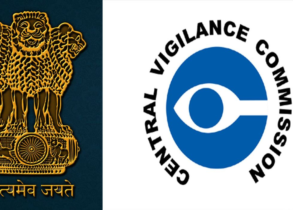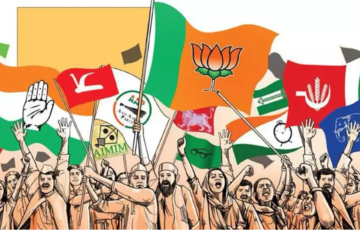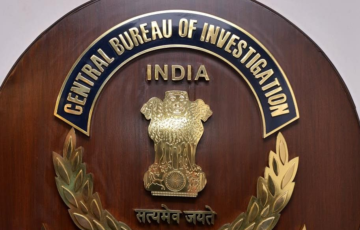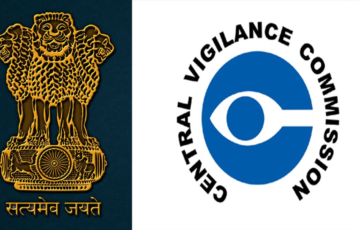STATE INFORMATION COMMISSION (SIC)
State Information Commission (SIC): Members and Appointment
o Eminent in public life with wide knowledge and experience in law, science and technology, social service, management, journalism, mass media, or administration and governance. o Not a Member of Parliament or Member of the Legislature of any State or Union Territory. o Not holding any other office of profit or connected with any political party or carrying on any business.
|
Right to Information (RTI)
- The Right to Information (RTI) is a fundamental right of every citizen to access information held by public authorities. It is a powerful tool for promoting transparency and accountability in government. The RTI Act, 2005, guarantees citizens the right to access information held by public authorities, subject to certain exceptions.
- Any citizen of India can file an RTI application to obtain information from a public authority, such as a government department, local body, or public sector undertaking. The application must be in writing or electronically, and must be accompanied by a fee. The public authority is required to provide the information within 30 days of receiving the application. If the public authority is unable to provide the information within 30 days, it must extend the deadline by another 30 days, giving reasons for the extension.
- The RTI Act provides for a two-tier appeal process. If a citizen is not satisfied with the response of a public authority, they can file an appeal with the first appellate authority, which is usually a senior officer of the same public authority. If the citizen is not satisfied with the decision of the first appellate authority, they can file a second appeal with the Central Information Commission (CIC) or the State Information Commission (SIC), as the case may be.
- The RTI Act has had a significant impact on the way the government functions in India. It has made the government more transparent and accountable to the people. The RTI Act has also been used by citizens to expose corruption and maladministration.
- Here are some examples of how the RTI Act has been used to improve the lives of people in India:
o A farmer in Rajasthan used the RTI Act to find out why he was not receiving his irrigation dues. He discovered that the local government officials were corrupt and were pocketing the money. He filed a complaint with the CIC, which ordered the government to pay the farmer his dues.
o A group of women in Maharashtra used the RTI Act to find out why their village was not getting electricity. They discovered that the local government officials had diverted the funds meant for electrification to other projects. They filed a complaint with the CIC, which ordered the government to provide electricity to the village.
o A journalist in Delhi used the RTI Act to find out how much the government was spending on advertising. He discovered that the government was spending huge amounts of money on advertising, much of which was going to crony companies. He published a story exposing the government’s wasteful spending, which led to a public outcry.
- The RTI Act is a powerful tool for empowering citizens and promoting transparency and accountability in government. It is a fundamental right that must be protected and upheld.

